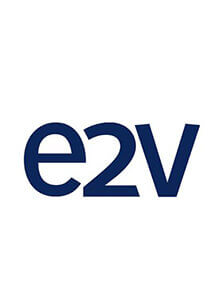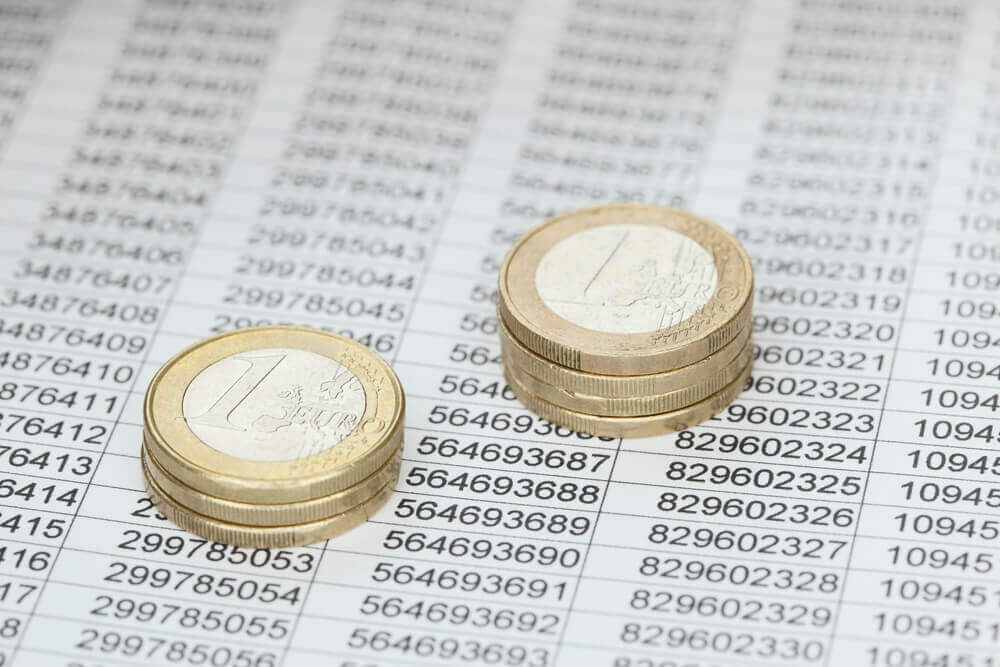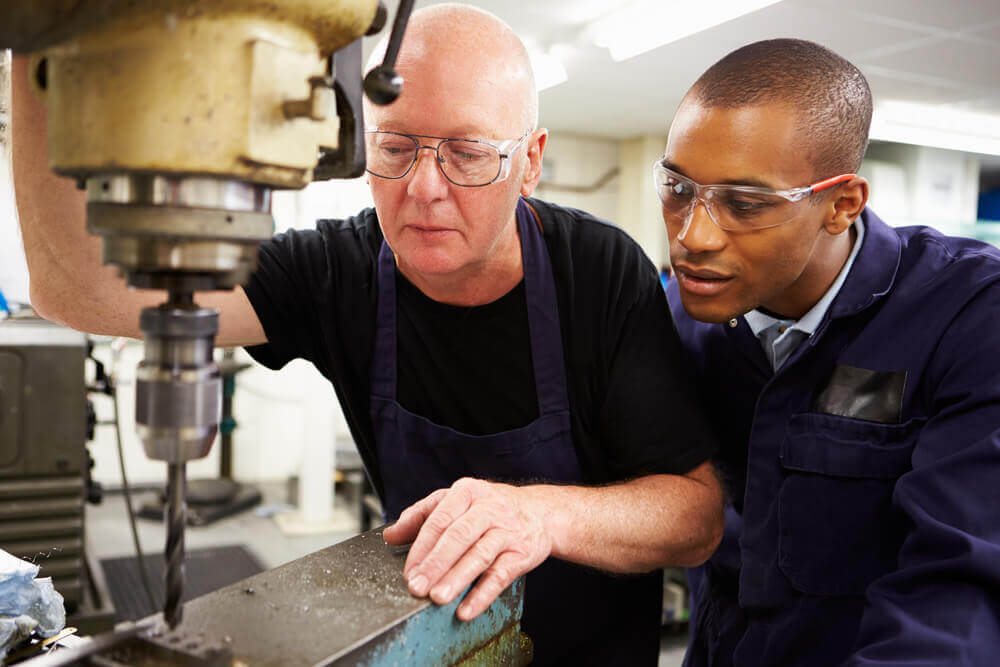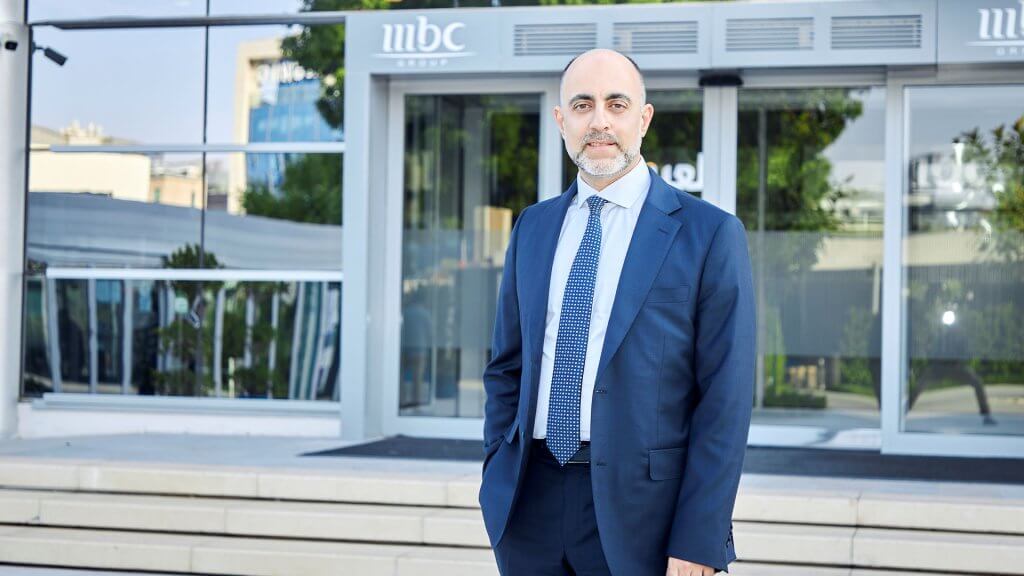E2V Technologies, a British technology firm that specializes in the development of radio amplifiers, microprocessors and imaging sensors for the medical technology, aerospace, and military sectors, was acquired by USA-based Teledyne in a takeover deal last week.
Netting E2V executives over £620 million, news of the agreement was greeted with enthusiasm by investors and Hantec Markets Forex traders, as the company’s stock surged over 47% on December 12th to close trading at 272.63 from its open at 185.50.
The impact of this deal on human resources is expected to be muted, despite the expected closure of E2V’s offices in the UK, as Teledyne has declared its intention to retain the vast majority of its workforce.
However, the deal is not yet official, as major shareholders such as Artermis and GVQ have remained open to the possibility of entertaining a better deal, should one be submitted in the coming weeks. Furthermore, only 45.8% of shareholders have agreed to the acquisition as of last week, although those close to the process are confident that support required to close the deal will be secured within the first half of 2017.
Should this friendly takeover go through as advertised, it will yield shareholders approximately 275 pence per share, netting people such as Charles Hindson (who is E2V’s CFO) many millions of pounds.
The deal came at a great time for E2V Technologies, which had run into financial difficulties in recent quarters. Despite the overall strength of the business, revenues in 2016 have dropped slightly over the same period last year.
According to Andy Douglas, a business analyst at Jefferies, an American investment bank headquartered in New York, the company still possesses solid fundamentals, despite the challenges that it has had to deal with recently. Thanks to fundamental changes that were made by current E2V CEO Stephen Blair, shares in the company had increased 66% from 2014 to this September, after which difficulties in fulfilling orders began to erode the its price.
On the surface, Teledyne may not appear to have much overlap with E2V’s core competencies, but in recent interviews, chief executive officer Robert Mehrabian revealed that he had been following this company’s exploits over the past decade.
With interests in the oil and gas, aerospace, and medical imaging industries, it appears that Teledyne will be making use of E2V’s proprietary technologies to advance its core businesses in the years to come.
A tremendous boon for shareholders of E2V and potentially for Teledyne as they move forward into the future, this financial transaction is only the latest in a series of deals that have seen UK companies end up in the hands of foreign buyers.
A prime example of this was the £24 billion deal that saw ARM Holdings end up in the hands of SoftBank, a Japanese technology and telecommunications company, several months ago.
Many in the financial community believe that the outcome of the Brexit vote earlier this year has had an intensifying effect on the mergers and acquisitions market in the United Kingdom, as the rapid fall of the pound sterling versus most major world currencies has made British assets more attractive to foreign investors.
Whether this will continue in 2017 hinges upon how smoothly the United Kingdom negotiates its exit from the European Union. In the interim, uncertainty will continue to reign so long as the current political climate prevails.





















